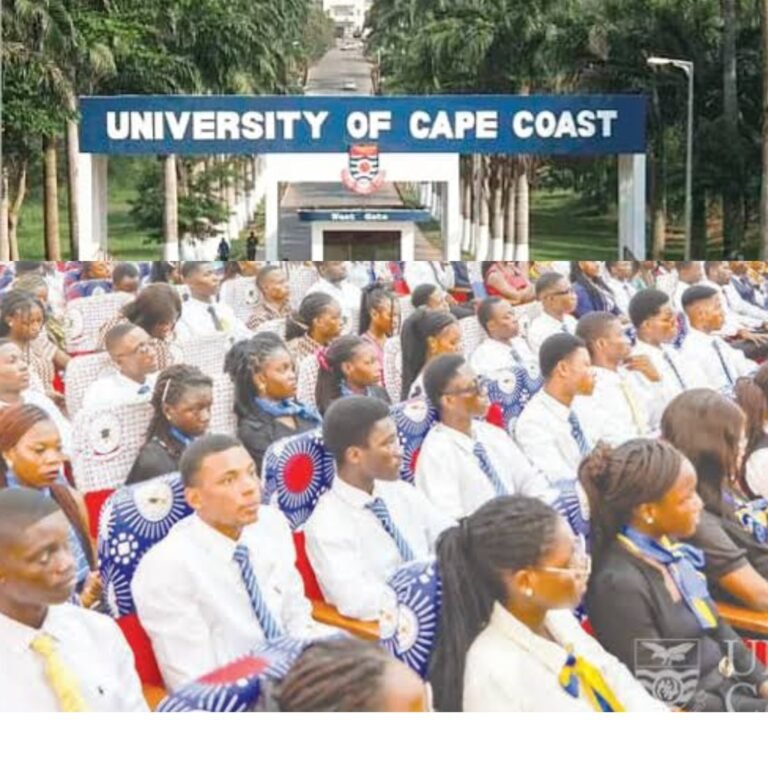
It appears that the propaganda against the proposed E-levy is getting worse as opposition agents deliberately twist the real issue of how to fund projects by sweeping the facts and throwing more and more lies on us.
The intriguing thing about the debate is that we all agree that the level of informality in the economy is too high and that we need to formalise the economy. We also agree that we need jobs for our youth to enable them live dignified lives and be part of the unfolding transformational agenda. Again, we agree that we need to cut waste and reduce the gaping debt profile. However, what it takes to do all these, which is the financial strength, is being deliberately ignored by the naysayers.
It is like admitting that we need a shelter over our heads as a family, while in the same breath we kick against making sacrifices to find the resources to roll out that compelling project.
Expert opinion
So that we may look forward to enable us move forward in humility, it is imperative that political stakeholders hear what the independent experts have to say.
So much conversation has raged over the salient points in the 2022 Budget Statement and Economic Policy of the government. From the politician and their boys and girls at the respective communication wings through social media and party chiefs, the debate has, most of the time, meandered into irrelevance at a time global financial analysts are busy reviewing Ghana’s fortunes.
It is against this background that we make reference to the naked views of our own Profs Ebo Turkson and Lord Mensah, who believe that we must do at least three things.
The first is that we must cut waste. Second, we must digitise and, third, the ‘MoMo Tax’ must come but we must engage. Must we continue piling up national debt? Certainly No! Finally, we must vigorously prosecute those who steal from our kitty in deterring others, apart from a national consciousness of hard work and unbending patriotism.
Details
Cutting waste, in our opinion, includes ensuring prudent use of our economic resources and managing our natural resources as a collective heritage. How effectively that has been done is reflected in how far we have gone fighting galamsey, for instance, and what alternative livelihood programmes we have put in place.
That we have too huge an informal sector is a fact no decent Ghanaian can deny. A compelling need to digitise is therefore the only alternative. Are we digitising? Yes. Are there any lessons from the current exercise that we need to correct? Yes.
Is the ‘MoMo Tax’ innovative enough as far as our national agenda of transformation is concerned? Yes, according to the experts, except that they believe because of its novelty we should start modestly and engage more.
Bottom line
Granted that this is where we have reached in our collective responsibility to move forward in development, it only becomes imperative that we support government to work at its mandate to augment infrastructure, improve tourism, expand the manufacturing sector, revamp agriculture from the previous zero per cent, enhance food security and create jobs, among other programmes.
Confusing the issues and harping interminably on propaganda every step of the way is therefore not the way to go.
It is time that we all join the party in reducing the propaganda, as government initiates its programmes for the benefit of ordinary citizens who are yearning for basic development for their constituencies and communities, including health, education, jobs and security.







